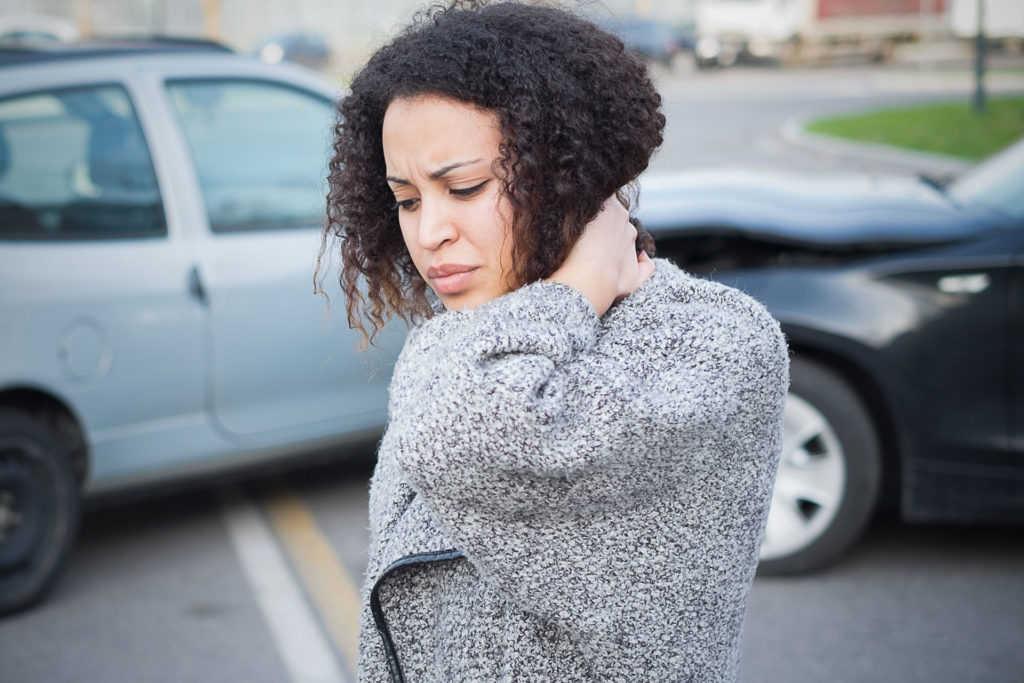Nerve damage occurs when electrical signals are interrupted between the cells of the body and the brain. This damage can manifest in pain, loss of sensation of touch and loss of physical functions.
Peripheral nerves, which are composed of fibers known as axons that are insulated by surrounding tissues, are delicate and readily damaged. A nerve injury can affect your brain’s ability to communicate with your muscles and organs. Damage to the peripheral nerves is called peripheral neuropathy.
Auto accidents can cause injury to any part of the body, and occasionally those injuries include damage to your nerves. If you have suffered nerve damage because of a car crash, you may be experiencing some of the following signs:
- Motor nerves. The 12 pairs of cranial nerves provide sensory information to the brain and control movement, speaking, and holding objects under your conscious command. These nerves regulate all of your voluntary muscles, such as walking, talking, and grasping objects. Damage to these nerves is usually linked with muscular weakness, painful cramps, and uncontrollable muscle twitching.
- Sensory nerves. You may experience a variety of symptoms because of these nerves’ ability to communicate about touch, temperature, and pain. Numbness or tingling in your hands or feet is one of them. You could have trouble detecting discomfort or changes in temperature when walking, maintaining balance with your eyes closed, or fastening buttons.
- Autonomic nerves. The autonomic nervous system is made up of nerves that regulate activities that are not performed consciously, such as breathing and heart and thyroid function. Excessive sweating, changes in blood pressure, an intolerance to heat, and stomach problems are all signs.
A peripheral nerve injury might impact a variety of nerves, causing different sensations in various parts of the body. The symptoms are typically determined by which nerve fibers are damaged.
Signs of nerve damage
from an auto accident
The following symptoms are more likely to occur after an auto accident:
- Numbness or tingling in the hands and feet – Feeling like you’re wearing a tight glove or sock
- Muscle weakness, especially in your arms or legs
- Occasionally or frequently dropping objects when holding
- Sharp pains in your hands, arms, legs, or feet
- Feeling of a mild electrical shock, combined with a buzzing sensation
Repairing nerve damage
Damaged nerves can sometimes be repaired, especially if they are treated quickly after an injury – but will require significant cost as work is performed by a medical specialist, often a team. For that reason, it’s important to call an attorney like Harsh Law after any injury when you first notice the signs of nerve damage.
Make Your Call to Harsh Law
Hiring a local and experienced personal injury attorney is critical to assist you in understanding the intricacies and possibilities for recovery after an accident or other type of injury.
The experienced legal team at Harsh Law has been assisting clients with personal injury claims such as yours in the High Desert and Inland Empire for years. Contact us for a free, no obligation consultation.
Call Harsh Law at 909-793-6261 today.



